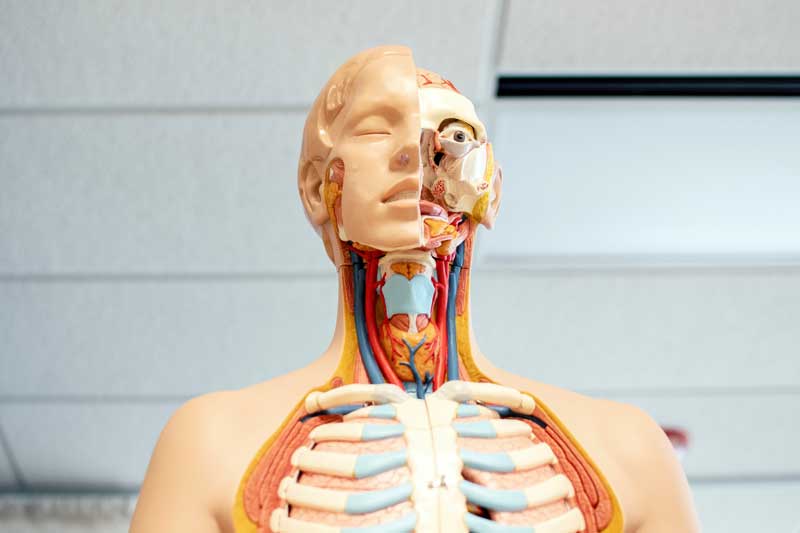Zinc is a Mineral
Every day I talk to people who have health problems or health concerns, and upon discussion with them I find out they are on medications for their health issues. Much of the time these health concerns could be caused by a vitamin deficiency. We as a society have become deficient in many vitamins and minerals, which in reality is not our fault – it’s caused by our food not being as vitamin and mineral rich as it was 50-100 years ago. This is caused by many things – change in farming practices, processed foods, fast food and quick service restaurants, and others. Many people are aware of Calcium or Vitamin D3, but the mineral that we are going to talk about today is Zinc. Zinc is found in various products on the market for cold, flu or sinus, but why is zinc important for our health?
Why Zinc is Important to Our Health
Zinc is required for your body to make over 300 different enzymes, these enzymes are required for many of the body’s biochemical processes. If you don’t have enough zinc your body is vulnerable to attacks on its immune system – which means you get sick more often. Other signs of zinc deficiency are poor skin health (acne), problems with reproduction, vision problems, brittle nails or hair, problems with sleep and others. A study involving zinc deficiency found that people who lost their sense of taste could be deficient in zinc.
Causes of Zinc Deficiency
So, what types of things deplete zinc in the body? Stress, infections, trauma and use of medications are a few of the things that deplete zinc as well as other vitamins and minerals in the body. Diseases that impact the digestive tract such as Chron’s disease or IBS (irritable bowel syndrome) can also cause zinc deficiency. So, how do we get zinc in the body if we are deficient? Either supplementing with zinc or eating foods high in zinc. If choosing the supplementation route adults need 10-12 milligrams of zinc on a daily basis, when choosing to supplement be sure you take a high-quality supplement, as poor-quality supplements do not get absorbed and will not help your deficiency.
Good Sources of Zinc for Replenishment
Okay, so what types of foods will help increase zinc levels in your body? Sesame seeds, pumpkin seeds, lentils, garbanzo beans, cashews, quinoa, spinach, asparagus, oats, onions, beets, carrots, and most nuts. So, if you want to increase your zinc levels using food, eat more nuts and seeds as well as green vegetables. If you don’t like to eat vegetables, then you’d better be supplementing with high quality supplements to increase your zinc levels.
As always if you need any advice on supplements or your diet contact me so I can help you.

